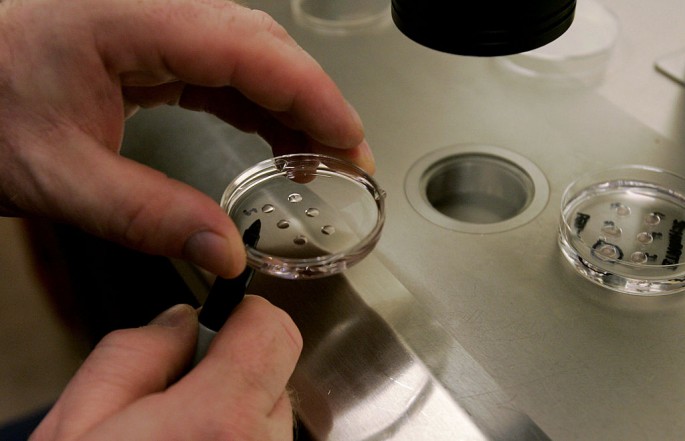In a bid to erase China’s image as a playground for genetic researchers, Beijing plans to tighten its control over the genetic industry by making genetic research subject to prior approval by the government. Companies or organization that would conduct genetic research not approved by state agencies would be slapped with a fine which could reach 1 million yuan.
The maximum amount, equivalent to $152,900, is in the proposed regulations drafted by the State Council’s legislative office which is seeking public opinion on the rules, reported Global Times. Besides the fine, which begins at 200,000 yuan, the resources of the violators would be seized and a two-year ban on research activities would be imposed on them, on top of possible facing criminal penalties.
The range of research activities that would need government approval include sampling, collecting or conducting international cooperation on human genetic resources. The draft rules also ban bringing genetic resources outside China.
Genetic resources cover DNA products, human organs, cells, tissues ad DNA containing human genome, gene products, genes and all data extracted from these materials. The rules also ban foreign groups and organizations with foreign investment, including joint ventures with Chinese firms, from conducting genetic research unless it works with a Chinese counterpart.
Interest in gene research has gone up the past few months, especially with the approval this week given by the British regulator for a team from the Francis Crick Institute to conduct gene editing on human embryo.
A Shanghai Institutes for Biological Sciences neuroscientist, Zilong Qiu, also just announced last week using genetic engineering to create monkeys with a version of autism. He used a genetic error that in humans causes a rare syndrome with symptoms such as repetitive speech, mental retardation, restricted interests and autistic features.
The autistic monkeys paced in circles, had less interaction with other monkeys and are stressed more easily when researchers stare them in the eyes, said Zilong, reported Technology Review.



























